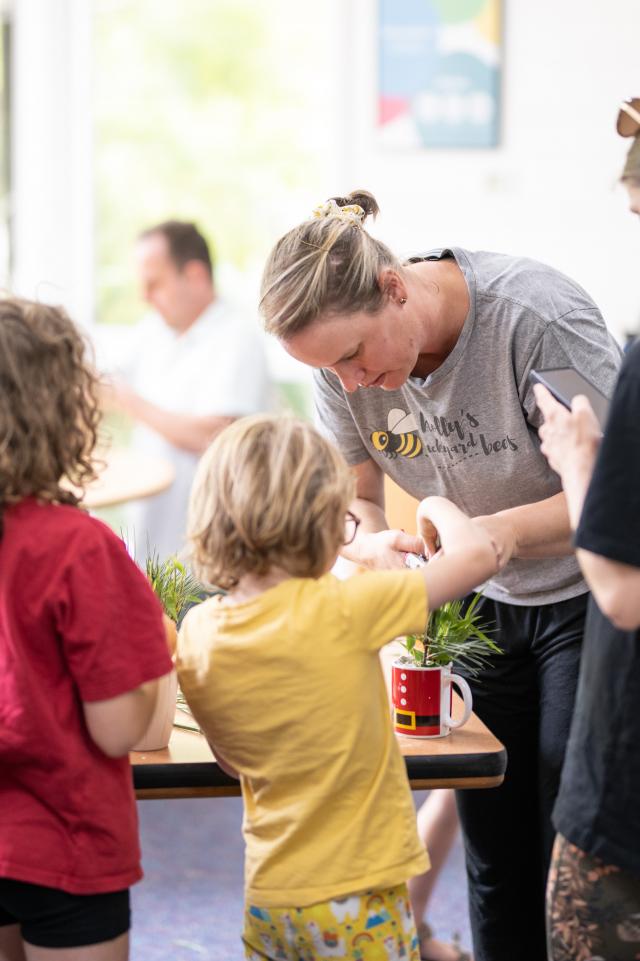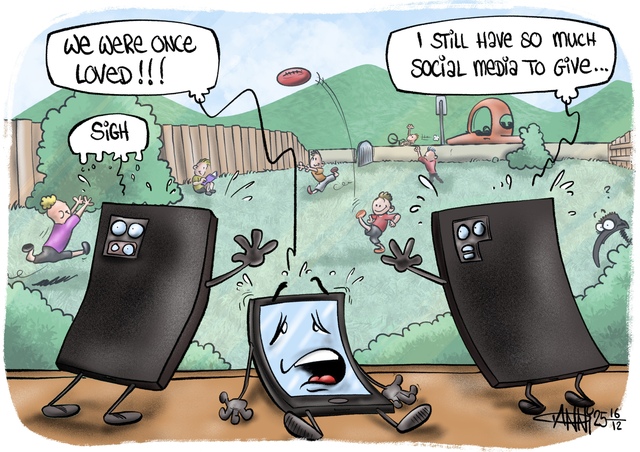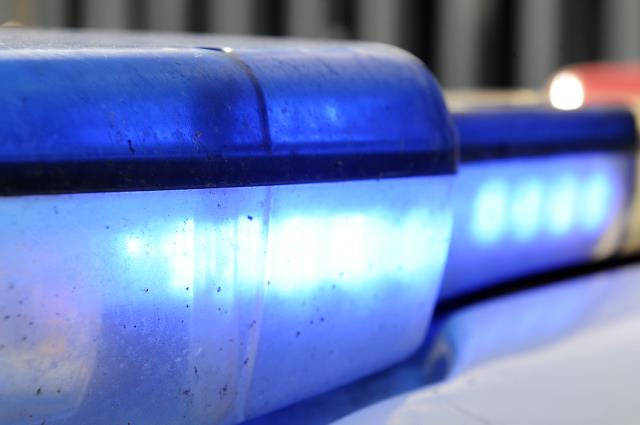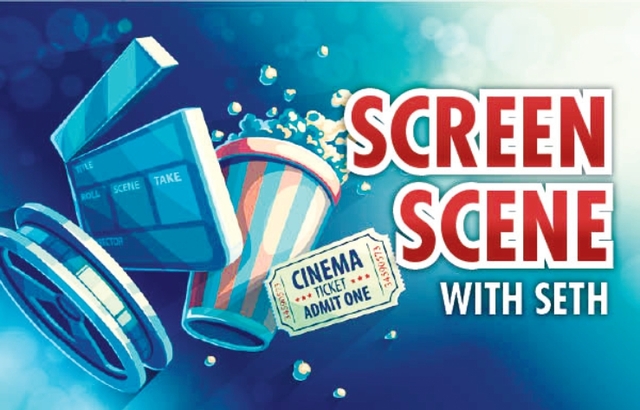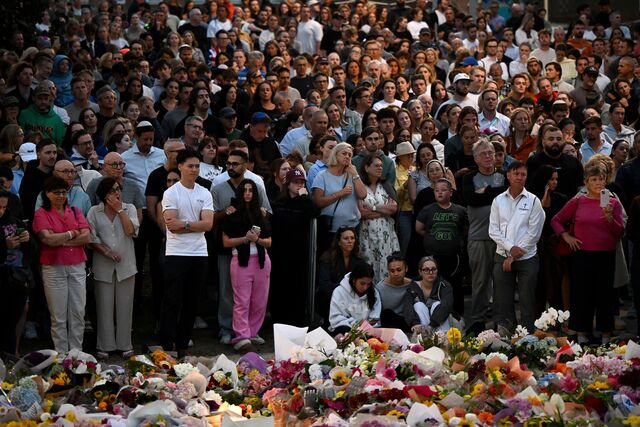21 young children aged three to late primary school age were able to create their own insect habitat for bees and insects alike to thrive in their gardens, in a workshop by a local beekeeper at Kalorama’s Karwarra Gardens.
Director of Holly’s Backyard Bees and Mount Evelyn resident, Holly Hale, hosted the session on Thursday 12 January to teach children aged three and above about sustainability and native bee species which find their home in Victoria.
“Most of our native bees of our solitary in nature; they raise their own young in hollows in bamboo and borer holes in wood and they don’t live in colonies like honeybees do, so teaching the kids about some of the different kinds of native bees that we have in Victoria as well, showing them some posters and pictures of what they might have seen in their garden and not realised might have been a native bee,” Holly said.
“And then we talked about their habitat, what kind of habitat they like and how we can actually create spaces in our gardens to accommodate native bees as well.”
Holly said bees found in the Yarra Ranges include the common honey bee, the “beautiful” blue-banded bee and the resin bee, among others.
“I’ve recently been seeing resin bees buzzing around in the wild [on] noxious weed blackberries,” she said.
“Leaf-faced bees [have] been nesting at my place in some bamboo, but also I’ve got some bees that are nesting, building their little nests in between the bricks of my house.
“I’ve got leaf cutter bees which are really beautiful as well; I’ve not actually seen them in my garden but I know know that they’re local in Victoria and they’ve got this beautiful neon blue spots on their bodies.”
Holly has been educating children as young as kindergarten for eight years; a profession which began after making a trip to her own childrens’ kindergarten as a parent volunteer, and showing children an observation hive.
“I was so encouraged by the response of the teachers at the time that I started to branch out and do it a little bit as a hobby, because I run adult workshops as well,” Holly said.
Holly now hosts sessions at her own home in Mount Evelyn, teaching visitors goat husbandry, cheese making and even cooking pastries for lunch.
“Often it’s harder to teach adults because we’ve all got our own preconceived ideas about things…whereas with kids, if we can point them in the right direction about caring for nature and being observant and respectful of nature from a young age, I think ‘what a privilege to be able to teach them,’” she said.
“If I can help foster a love of nature, in insects and pollinators when they’re little and help them to move beyond feeling fearful of them…that’s a really great privilege.”
In her work in early childhood education, Holly hears varied questions about bees from young learners.
“When I go into kindergartens, often it’s usually the little girls in the group that might say ‘how come the queen bee doesn’t wear a crown? when we’re learning about honeybees,” she said.
“Because often the boys in the bee hive… don’t really do much of the jobs; their role is more really to provide genetics, sometimes [children] grapple with that.
“I help encourage them…every bee has a role to play, and every bee is important, and it’s the same in our society. Every one of us is different. Every one of us plays a different role, but if we didn’t do our role, the whole colony suffers.”
When visiting primary schools, teaching can turn toward the consequences of humans not having pollinators.
“I love helping kids make a connection between the food that we eat and how we care for the earth.” Holly said.
“Pollinators play such a significant role in that, and so if they can connect insects with food, I think that that’s really great too.”
Holly said Yarra Ranges locals can help the surrounding bee population thrive by avoiding sprays and pesticides in their gardens and allowing their grass to grow.
“A lot of gardens are planted more for foliage and drought tolerance, and they don’t have many flowers. So if you can plant some flowers in your garden, that’s good creating habitat for them,” she said.
“Whether it is making an insect hotel and you can make it out of anything..I showed the kids one [on Thursday] that I made in an old drawer that was on a hard rubbish pile, you can drill some deep holes in [wood logs] with a big drill bit and dot them around your garden in amongst the trees or bamboo, whatever you can get your hands on.
“Water sources are good, and not to spray things in your garden… any of those things will encourage native bees to visit.”
You can find more information on Holly’s work and see what products she has on offer at http://www.hollysbackyardbees.com.au/

